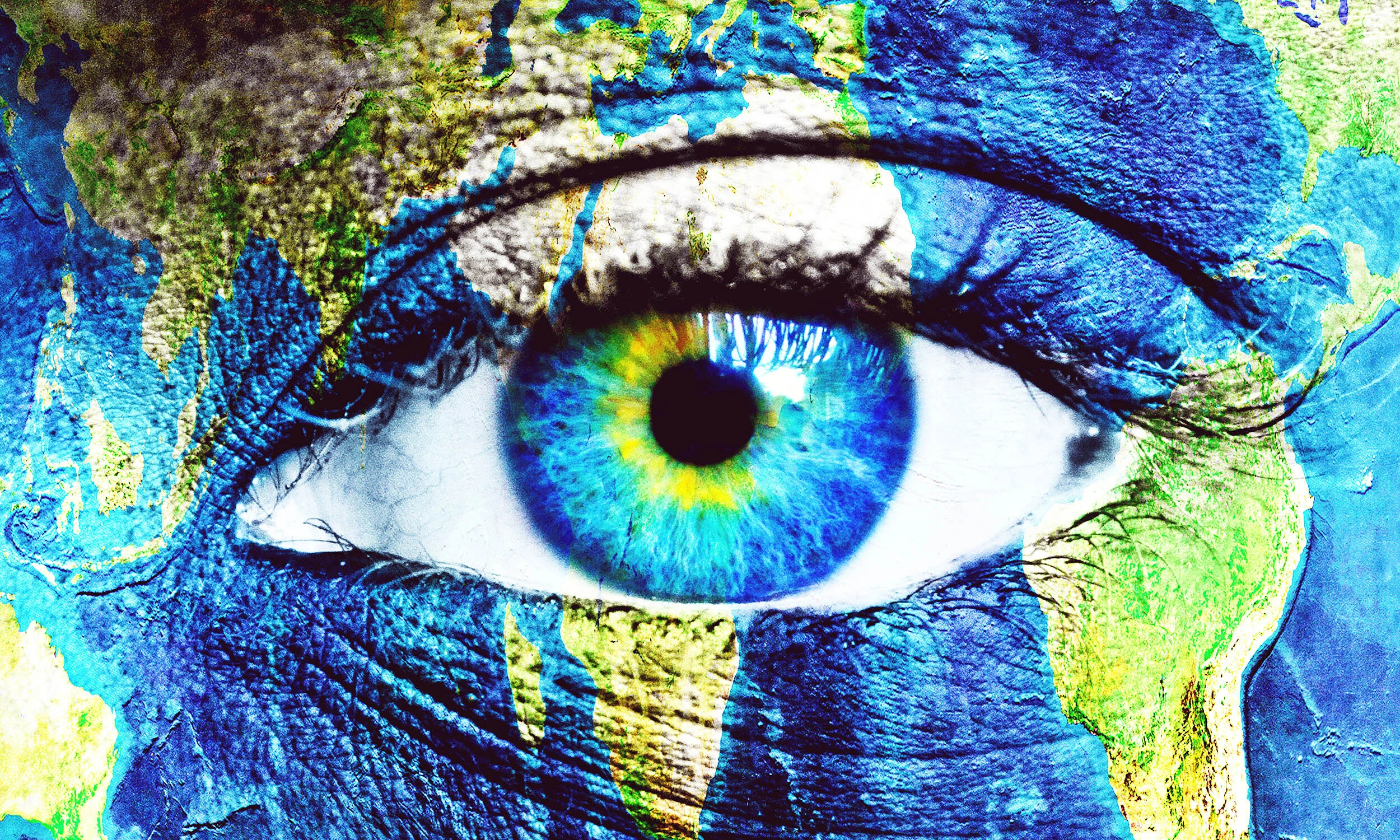Which animal will replace humans as Earth's dominant species? This scientist has an idea
Which animal will replace humans as Earth's dominant species? This scientist has an idea

Which animal will replace humans as Earth's dominant species? This scientist has an idea

His answer is the octopus. What say you?